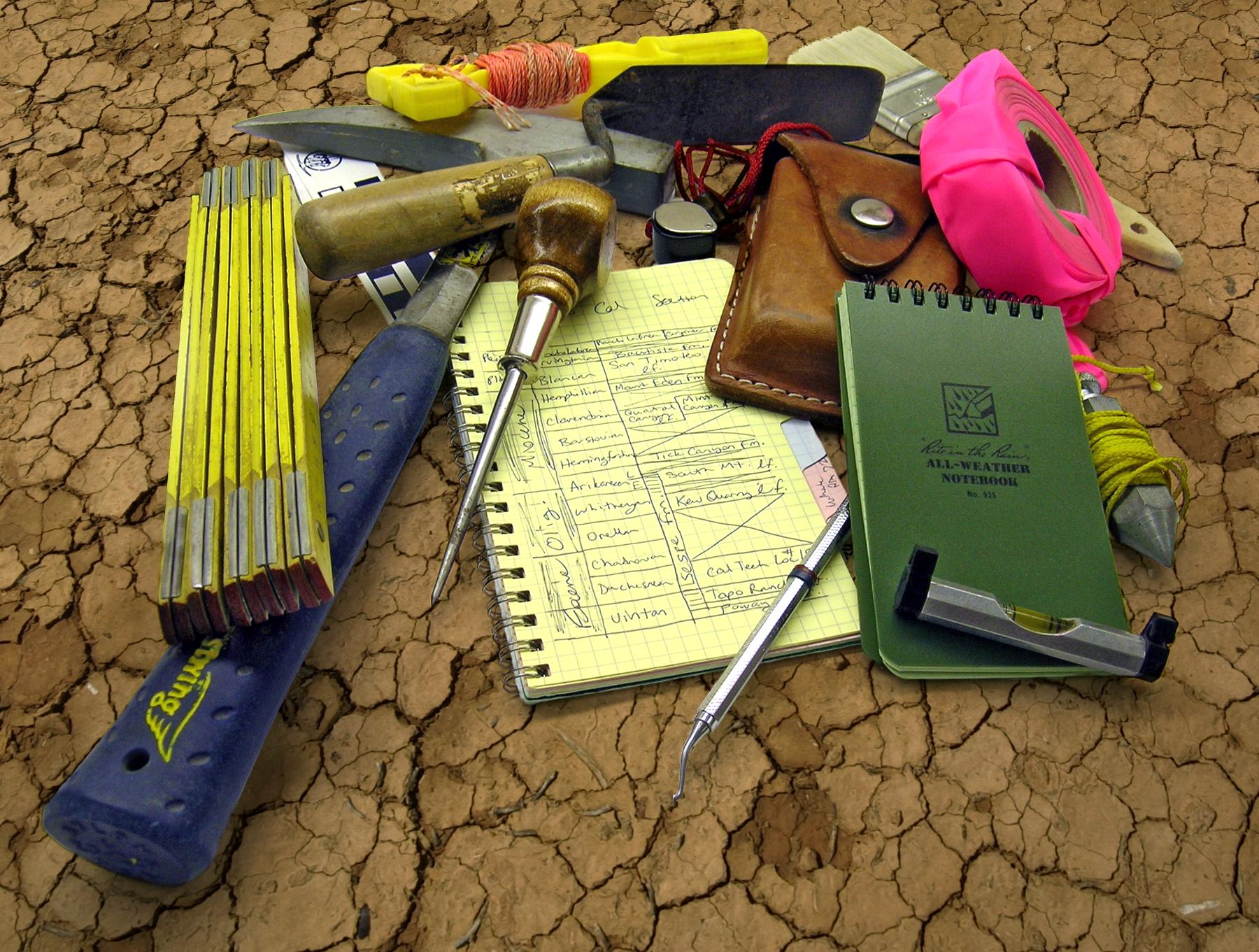What archaeology is and how to become an archaeologist
October 23, 2020
October 23, 2020
For U.S. News & World Report, archaeologist Emily Swain shares how the field can open a new window to the past
Films like Indiana Jones have popularized the field of archaeology, but the Hollywood treatment often glosses over the true realities of the dirty work involved.
Stantec archaeologist Emily Swain spoke with U.S. News & World Report about the field, which she says “isn’t always glamorous” and can “involve long days in the sun and the heat, trudging through forests with a shovel and screen in hand.”
For more, read the full article at U.S. News & World Report. Emily also shares advice below for aspiring archaeologists.
Archaeology is about the things people leave behind, whether it be thousands of years ago, a few hundred, or even just 50. You never know what is buried under the ground until you look for it. Today’s archaeology might not include swashbuckling heroes fighting to keep artifacts out of the hands of bad guys (though that does still occasionally happen), but it can be just as exciting. Like Indy, we use a lot of historical resources (old maps, written accounts, and oral history) to paint a picture of the past and make what we find come alive.

Archaeologists study what people leave behind, and we leave behind a lot of different things. An archaeologist can also double as a biologist, a geologist, and a historian, but one thing we have in common is our love of learning about the past.
Most people working as archaeologists have at least an undergraduate degree from a college or university and some companies require you to have at least a bachelor’s degree before they will consider you for a job. The typical undergraduate degree is in Anthropology or Archaeology.
Taking an archaeological field school is also useful, as it will give you hands-on experience of how archaeology is practiced in the area where your field school is located. It doesn’t have to be an international field school at an exotic location. You can learn just as much taking a field school in Texas or Pennsylvania and you might find things just as old if not older than you would find internationally.
If you want to write reports and lead a field team, you need a master’s degree. It doesn’t have to be in Anthropology or Archaeology, but you will need field experience, either from an American field school or by working as an archaeological technician, to prove you know enough about the history of the area and the types of artifacts you might find.
Starting out in archaeology can be tough. It might involve months of travel, long hours, and low pay, but if you’re willing to go where the work is and work for several different companies, you can see different parts of the country and make a living as an archaeologist.
If you’re willing to put in the extra work and invest in your future, a master’s degree can lead to higher level positions where you can lead your own team, write reports, do research, and present your findings to the public or your colleagues.
Before you decide if archaeology is right for you, find a local professional or advocational archaeology group and talk to real archaeologists. Most of us will offer you an unfiltered look into the profession and advice on how to become an archaeologist. Also volunteer at archaeological sites in your area. See how archaeologists work in the field and ask lots of questions.